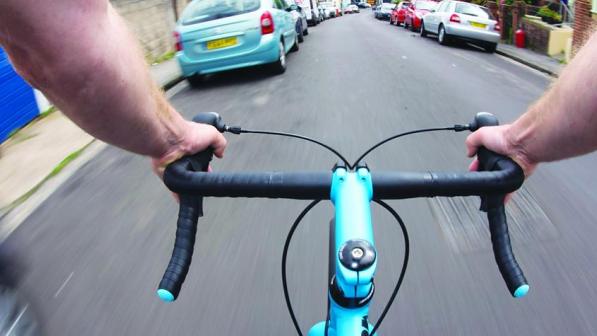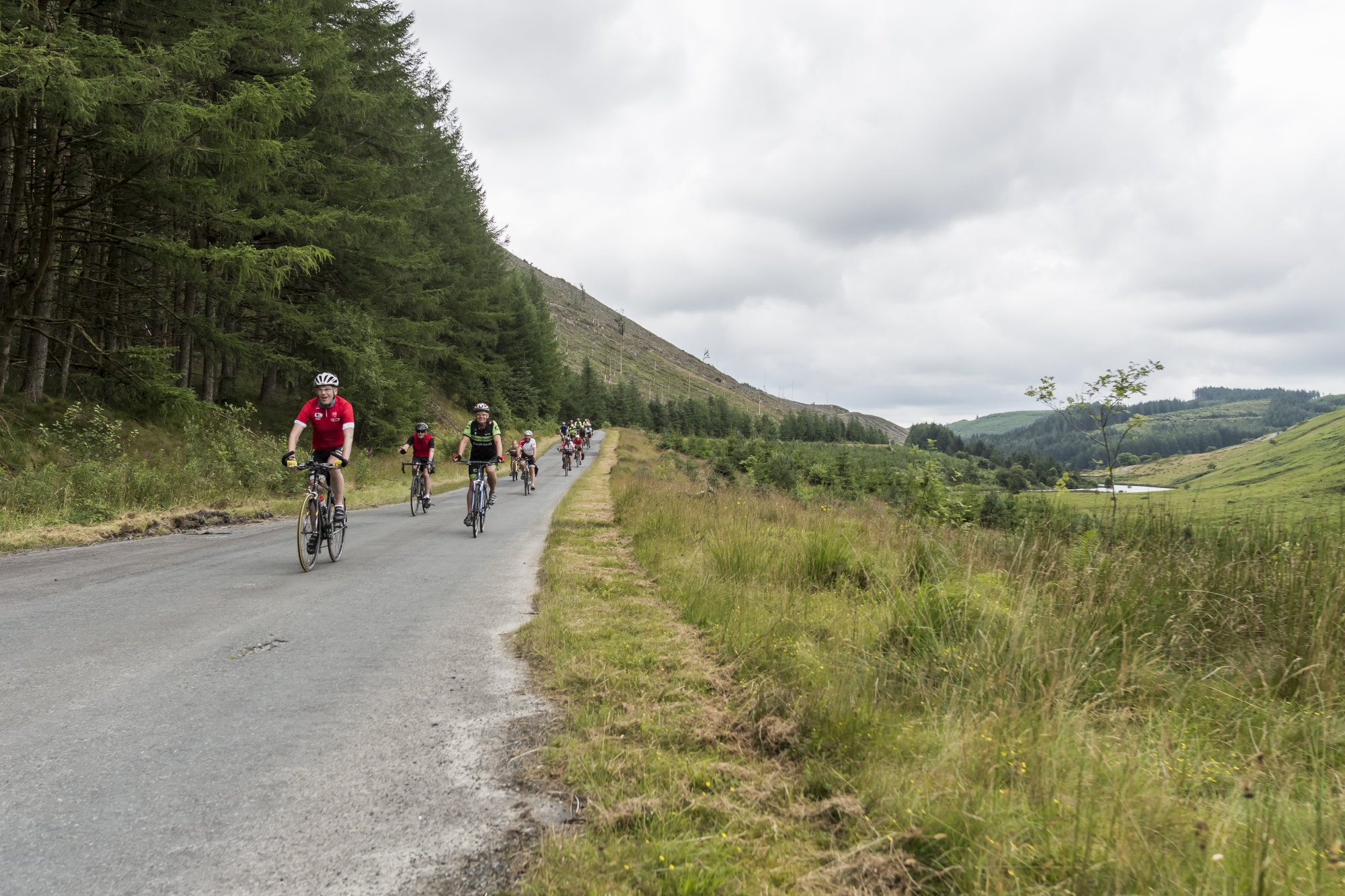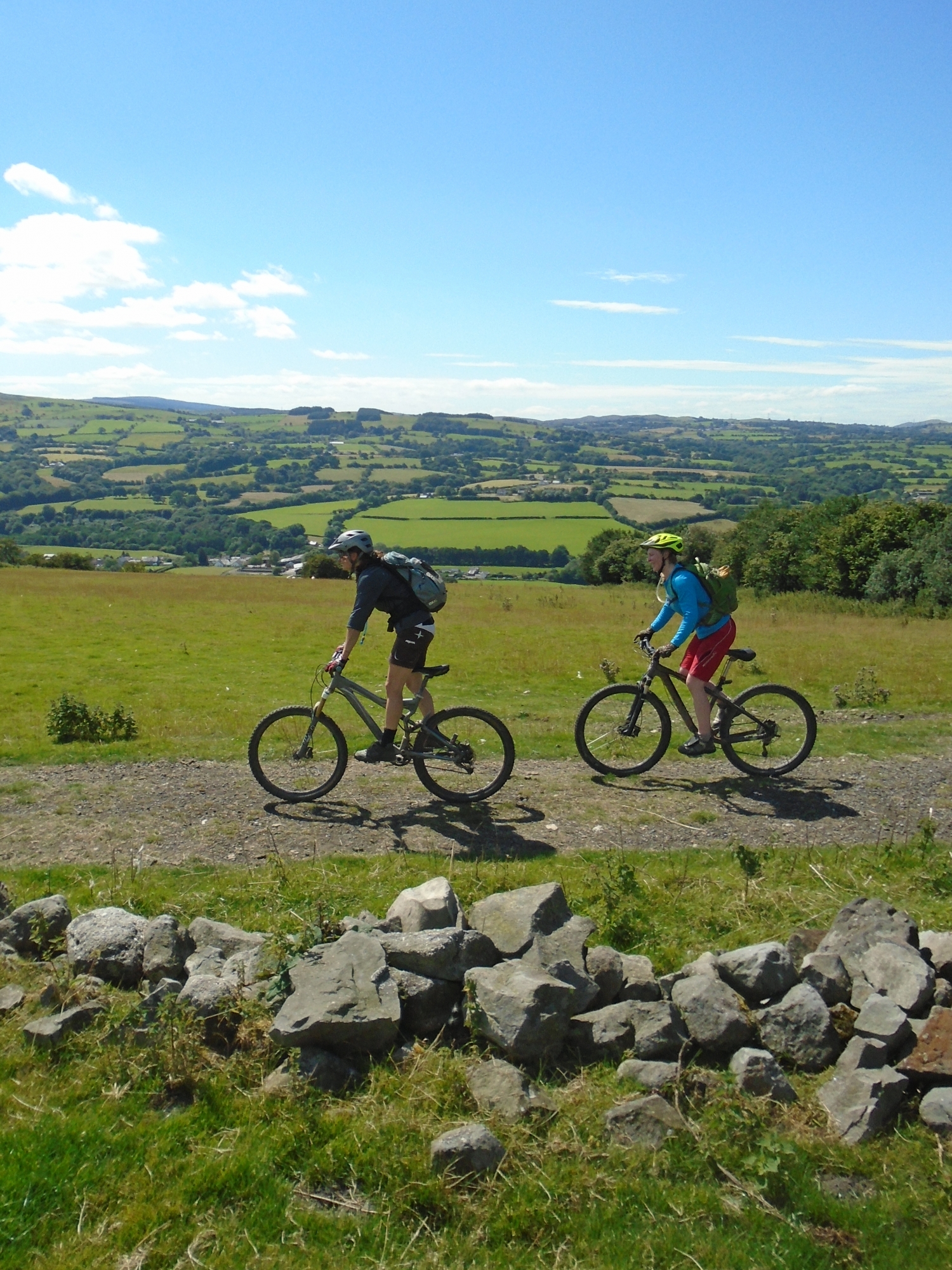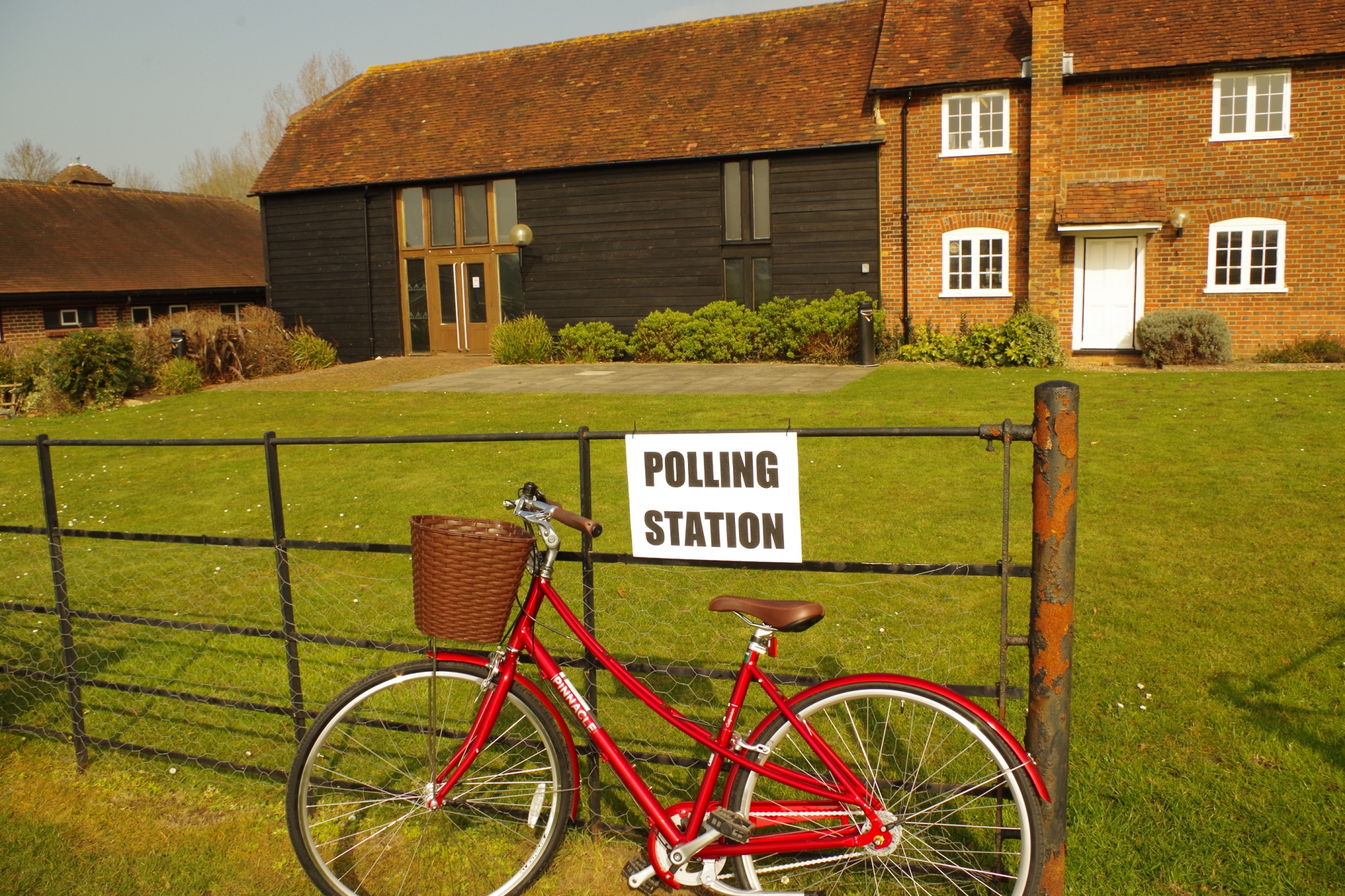Cycling UK gives seal of approval to Welsh police forces’ Operation Snap

On Wednesday 20 December Operation Snap was launched. This means if a member of the public records illegal behaviour on Welsh roads the police will take action. It does not matter what the offence might be, whether it is driving dangerously or carelessly, contravening solid white lines, using a mobile phone while driving or ignoring traffic lights; if video footage or images are submitted the relevant police force will investigate.
In an age when dash cams in cars and helmet and bar cams are becoming increasingly popular, such news might not seem especially groundbreaking. However, this joint initiative run by the four forces operating in Wales (North Wales Police, Dyfed-Powys Police, Gwent Police and South Wales Police) is actually one of the few examples of a police force creating the resource to accept digital evidence from the public.
Essentially, Operation Snap gives members of the public the power to report offences they’ve witnessed and allows forces to take action against those who put other road users at risk. It was originally devised and piloted by the GoSafe unit in North Wales Police, however following input from the Wales Road Casualty Reduction Partnership, GoSafe along with South Wales Police have now made several process improvements which means the operation runs throughout Wales, and with the backing of the Crown Prosecution Service.
South Wales Police Assistant Chief Constable, Jeremy Vaughan, said: “Operation Snap enables people to submit footage of motoring offences to all Welsh police forces, allowing us take action, change attitudes and deal with those who compromise safety on our roads.”
He continued: “[It] provides us with the ability target those who drive dangerously, and discourage those who may take risks while driving. The result being a reduction in the number of fatal or serious collisions that occur on our roads.”
For Cycling UK, it is not just the ability for members of the public to submit digital evidence which is important, but also the first joint initiative which sees four forces adopting a common standard.
Operation Snap is exactly the sort of pro-active policing Cycling UK wants to see happening not just in Wales but across the UK.
Duncan Dollimore, Cycling UK's Head of Advocacy and Campaigns
“Operation Snap is a brilliant initiative and the first time police forces have come together to agree a common approach, exactly the sort of pro-active policing Cycling UK wants to see happening not just in Wales but across the UK,” commented Cycling UK’s Head of Campaigns and Advocacy Duncan Dollimore, who added, “We only hope that other forces follow suit so that dash or helmet cam evidence is treated the same wherever you are in the UK.”
The benefits of Operation Snap come at a difficult time for forces as cuts have led to reduced policing numbers, particularly for road traffic duties.
Inspector Steve Davies, who delivered Operation Snap on behalf of South Wales Police, recognised this saying, “Police officers cannot be everywhere as much as they try, but with Operation Snap the police could be anywhere. The aim of this initiative is to change driver behaviour and their mind-set behind the wheel. We want drivers to ask themselves two questions. Firstly am I being recorded and secondly, do I really want to take that chance.”
Using Police Workforce tables Cycling UK has calculated, outside of the Metropolitan Police area, that road policing levels have dropped by 48% from 2005 - 2016. The drop is significantly higher than the 12% drop to overall police numbers during the same period.
At the same time, road casualties are up as convictions for traffic offences have fallen. Recent governmental casualty figures from September show a 4% increase of road deaths for all road users in 2016; at 1,792, this is the highest annual toll since 2011. This followed figures released in November by the Ministry of Justice which have shown successful convictions for road traffic offences have declined from 611,093 to 516,658 from 2007 to 2016.
Cycling UK’s Duncan Dollimore doesn’t believe this is a coincidence, saying: “Public cuts mean road policing numbers have plummeted in recent years by nearly 50%. At the same time, convictions for road offences have dropped and worryingly casualties increased among all road users. There’s a clear connection and Government needs to put a halt to its salami slicing of police budgets and make national roads policing a priority.”
Until greater funding is available, Dollimore points out there are still actions forces can take, like Operation Snap: “Forces must be smarter in how they use their limited resources, and take advantage of the benefits technology and citizen reporting can bring. Frustratingly, police forces across the UK have historically adopted their own approach to camera and video evidence provided by the public, with inevitable inconsistency.”




